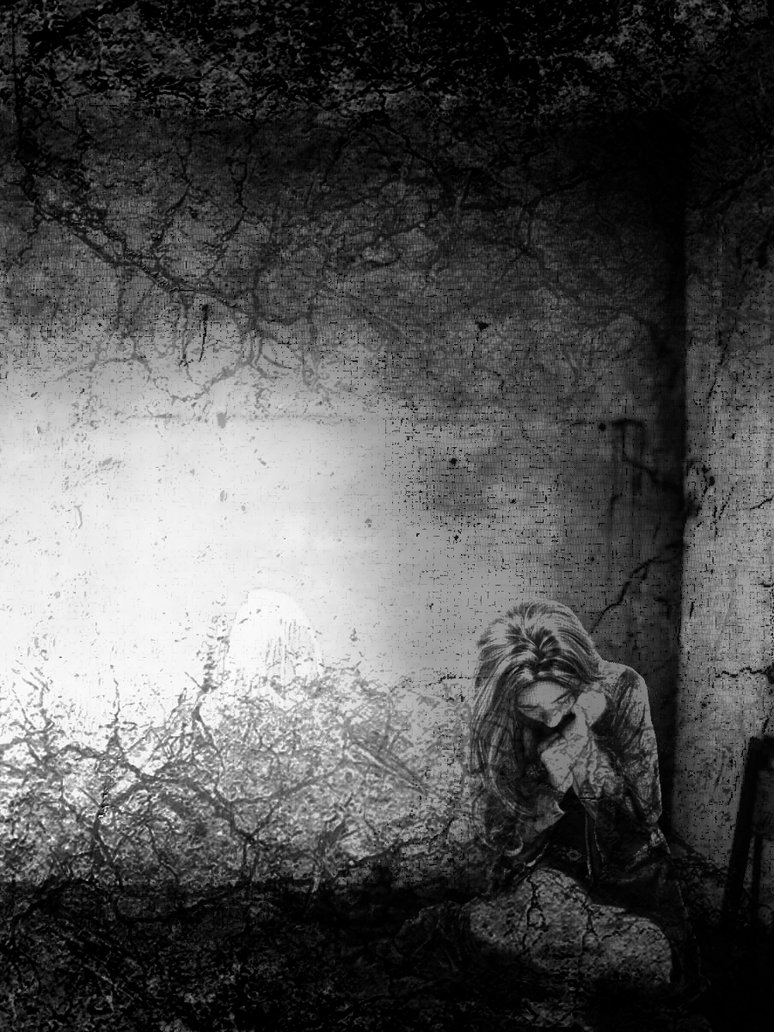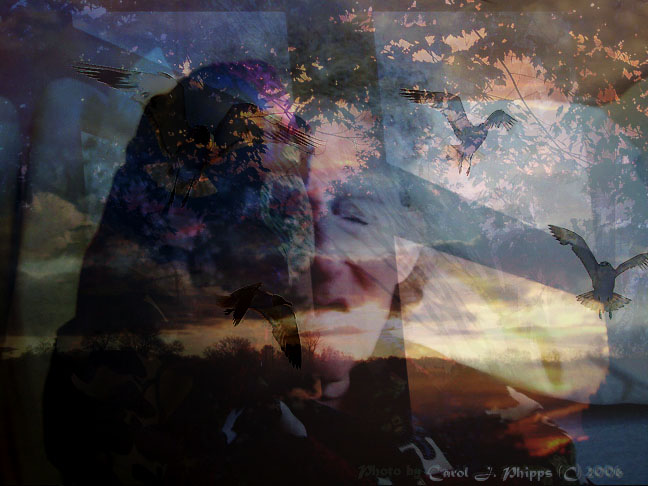Q-1: I watched a documentary recently about the Uruguayan soccer team that crashed in the Andes many years ago, and were forced to eat the flesh of the friends to survive.
One of the fellows, now a middle-aged man, was asked how they kept their hopes up. “Hope only prolonged the suffering,” he said. This raises the question, is there such a thing as true hope? Is hope inherently a false thing?
Q-2: That’s a very interesting question. I’ve never heard hope and suffering linked so closely and graphically. Where there is hope, is thee always  suffering? Speak a little more about what you think the Andes plane crash survivor meant.
suffering? Speak a little more about what you think the Andes plane crash survivor meant.
Q-1: Different survivors were being interviewed independently decades after the disaster. As you may recall, the plane crashed at a high altitude, where there were no animals or plants for food. After ten days, the survivors heard on a radio they had that the search had been given up. Some clung to hope that they would still be found. Others realized they were on their own. Thus the startling comment, “Hope only prolonged the suffering.”
Q-2: So what is the question? Metaphorically we’re all psychologically stranded in the Andes now, given the severity of the human crisis, which involves much more than climate change and global terrorism. We have to save ourselves by doing our own spadework, and thinking and working together. Does hope play a part in that, or does it prevent facing and meeting things as they are?
Q-1: Is the question, how do we maintain hope without going into a dissociated state? Or is the question, is it necessary to be finished with hope altogether?
Q-2: What do you mean by ‘dissociated state?’
Q-1: Some form of denial, avoidance or fantasy that humanity is moving in a good direction, or that things will eventually somehow work out, and that we’ll muddle through as people have in the past.
Q-2: There’s still a widespread belief in the power of positive thinking. In fact, positive thinking is the most negative thing, because it diminishes and even destroys one’s capacity to face things as they are.
Q-1: Can we ever deeply agree on the way things are? Are things worse than they’ve ever been?
Q-2: Setting aside opinions, judgment and blame, most reasonable people deeply feel the inner and outer reality of the human condition at present. In previous centuries and even a few decades ago, violence, wars and plagues were worse, but there was much more room for error. People could and did move to relatively uninhabited places, such as America, though it meant nearly exterminating the people who lived there.
Q-1: So is there any real reason for hope? And is hope essential, or an impediment to seeing and meeting things as they are?
Q-2: If hope is the flip-side of disappointment and despair, then it’s just opposite side of the same basic thing, right? Then hope and despair inevitably go together. On the other hand, some suggest that hope is innate, part of the drive to survive. So we’re back to the question, is there such a thing as  true hope?
true hope?
Q-1: Again, does seeing things as they are require hope, or does hope prevent seeing things as they are?
Q-2: There was a beautiful eclipse of the moon last evening, a ‘ super blood moon’ in the eastern sky at dusk, continuing until well after dark on the West Coast. Clearly hope has nothing to do with the perception of that beauty and feeling of wonder. But does that apply to the human prospect?
Q-1: Is it not a question of hope, but of hopelessness, of not acknowledging the deep sense that things have gone very wrong, and the feeling and fact that a deluge of darkness has overtaken the world?
Q-2: Are you asking, can the individual human spirit endure even if the collective human spirit expires?
Q-1: Yes, and in articulating the question, one sees that it can, and must, though the question of whether humankind will change course at this time remains, beyond hope/hopelessness.
Q-2: So is there the kind of hope that is the opposite of despair, which means it’s different sides of the same thing, which prolongs suffering?
And is there a completely different kind of clear-eyed hope that sees things as they are, but keeps questioning and working for radical change as long as the human spirit survives? Is that something beyond hope as we know it, which does not die within strong individuals even it becomes too late for our age, or our species?
Q-1: That sounds like intelligence. Is intelligence operating in and through us?
Q-2: That’s the main thing, isn’t it?
Martin LeFevre

